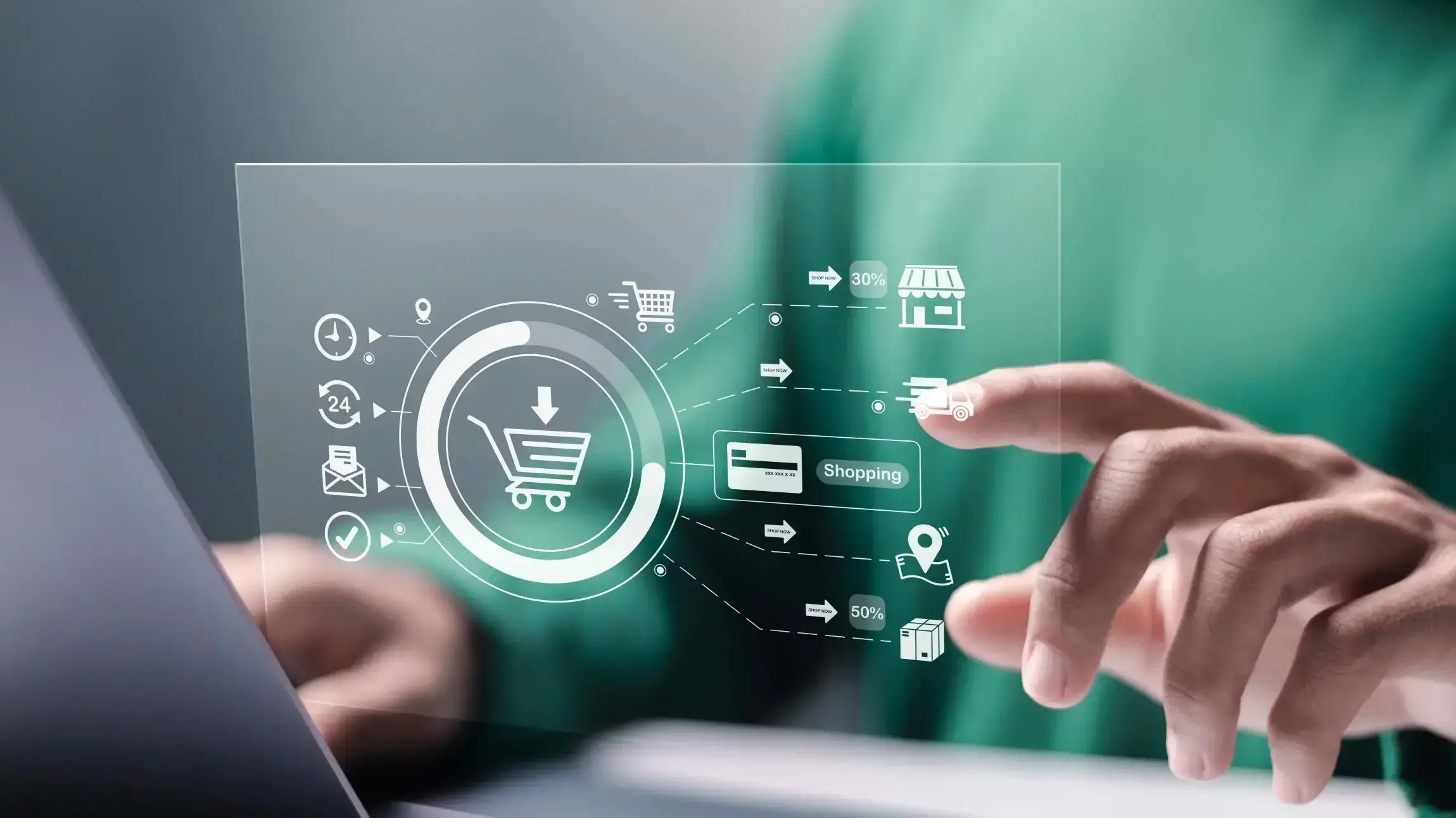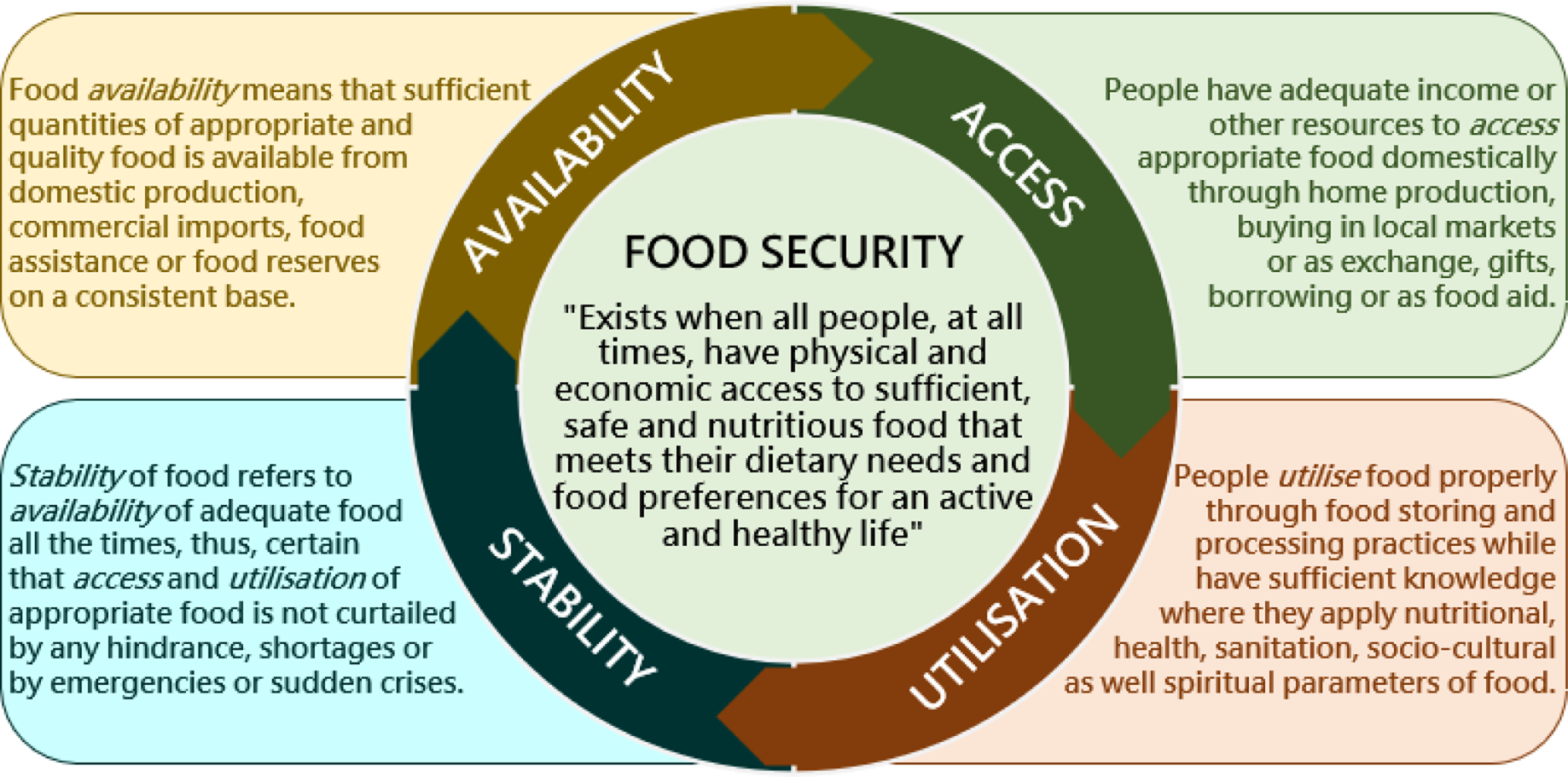The e-commerce landscape is rapidly evolving as consumer behavior shifts towards convenience, personalization, and sustainability. Online shopping has become more than a transactional experience, with customers seeking seamless interactions, fast delivery, and environmentally conscious products.
Retailers are leveraging data analytics to understand preferences, optimize inventory, and provide tailored recommendations. Mobile commerce and social media shopping have become central channels driving engagement and sales.
Technological Innovations Driving Growth
Artificial intelligence, machine learning, and augmented reality are transforming online retail. AI-powered chatbots enhance customer service, predictive analytics improve demand forecasting, and AR tools allow customers to visualize products before purchase.
Automation in warehousing and logistics ensures faster order fulfillment, reducing operational costs and improving efficiency. Companies are increasingly integrating omnichannel strategies, bridging online and offline experiences to maintain competitiveness.
Sustainability and Ethical Practices
Sustainability has emerged as a critical factor in consumer decision-making. Brands investing in eco-friendly packaging, ethical sourcing, and carbon-neutral delivery options are gaining loyalty among environmentally conscious shoppers.
Corporate social responsibility initiatives and transparent supply chains contribute to brand reputation, while green logistics reduce operational impact on the environment. Consumers are rewarding companies that prioritize sustainability with repeated purchases and brand advocacy.
Market Competition and Challenges
E-commerce giants face fierce competition from niche marketplaces and emerging startups. Price wars, rapid technological advancements, and changing regulatory environments challenge businesses to innovate continuously.
Cybersecurity remains a significant concern, as online retailers must protect customer data and maintain trust. Additionally, global supply chain disruptions can affect product availability and delivery times, requiring adaptive strategies to mitigate risks.
Future Outlook
Experts predict that e-commerce growth will continue, driven by digital adoption, mobile-first strategies, and AI integration. Personalized shopping experiences, subscription models, and seamless payment solutions will dominate the market.
Brands that combine technology, sustainability, and customer-centric strategies will lead the sector, capitalizing on emerging opportunities and adapting to evolving consumer expectations.
FAQs
What trends are shaping e-commerce today?
Consumer demand for convenience, personalization, fast delivery, and sustainability are key drivers.
How is technology impacting online retail?
AI, machine learning, AR, chatbots, and automation enhance shopping experiences, improve efficiency, and optimize supply chains.
Why is sustainability important in e-commerce?
Eco-friendly practices and ethical sourcing strengthen brand loyalty, attract conscious consumers, and reduce environmental impact.
What challenges do e-commerce companies face?
Competition, cybersecurity threats, supply chain disruptions, and regulatory changes are significant challenges.
What does the future hold for e-commerce?
Growth will continue through mobile adoption, AI-driven personalization, seamless payment solutions, and integrated omnichannel strategies.
Conclusion
E-commerce continues to transform the global retail landscape, with technology, sustainability, and consumer-centric approaches driving growth. Businesses that embrace innovation and adapt to changing consumer expectations are positioned to thrive.
By integrating AI, mobile commerce, and ethical practices, companies can enhance customer experiences, reduce operational risks, and build long-term loyalty. The future of e-commerce lies in agility, personalization, and sustainable growth, shaping the next era of global retail.






